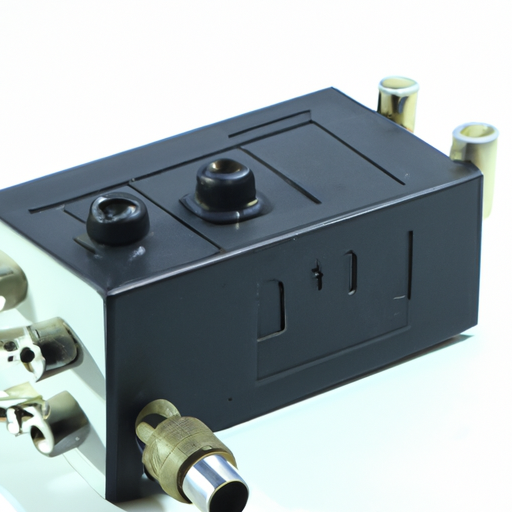The signal converter industry is constantly evolving to meet the demands of modern technology and the increasing need for efficient and accurate signal processing. As technology advances, so do the trends in the signal converter industry. In this article, we will explore some of the key trends shaping the industry today.

2. Integration of advanced technologies: Another trend in the signal converter industry is the integration of advanced technologies such as artificial intelligence (AI) and machine learning. These technologies are being used to enhance the performance of signal converters by optimizing signal processing algorithms and improving overall system efficiency. AI-powered signal converters can adapt to changing signal conditions in real-time, making them ideal for applications where signal quality is critical.
3. Miniaturization: With the increasing demand for smaller and more portable devices, miniaturization is a key trend in the signal converter industry. Manufacturers are developing compact signal converters that can be easily integrated into smaller devices without compromising performance. Miniaturized signal converters are ideal for applications where space is limited, such as wearable devices, IoT sensors, and mobile devices.
4. Increased connectivity: Connectivity is another important trend in the signal converter industry. Signal converters are now being designed to support a wide range of communication protocols, including Ethernet, USB, Bluetooth, and Wi-Fi. This allows for seamless integration with other devices and systems, enabling data sharing and remote monitoring capabilities. Increased connectivity also enables the use of cloud-based services for data storage and analysis, further enhancing the capabilities of signal converters.
5. Energy efficiency: As energy consumption becomes a growing concern, energy efficiency is a key trend in the signal converter industry. Manufacturers are developing energy-efficient signal converters that consume less power without compromising performance. Energy-efficient converters help reduce operating costs and environmental impact, making them an attractive option for companies looking to improve sustainability.
6. Customization and flexibility: With the increasing diversity of applications and requirements, customization and flexibility are becoming important trends in the signal converter industry. Manufacturers are offering customizable signal converters that can be tailored to specific application needs, such as signal type, input/output range, and communication protocol. Flexible signal converters allow for easy integration into existing systems and can adapt to changing requirements over time.
In conclusion, the signal converter industry is experiencing rapid growth and innovation driven by advancements in technology and changing market demands. Digitalization, integration of advanced technologies, miniaturization, increased connectivity, energy efficiency, and customization are some of the key trends shaping the industry today. Companies that embrace these trends and invest in cutting-edge signal converter technologies will be well-positioned to meet the evolving needs of the market and drive future growth and success.





